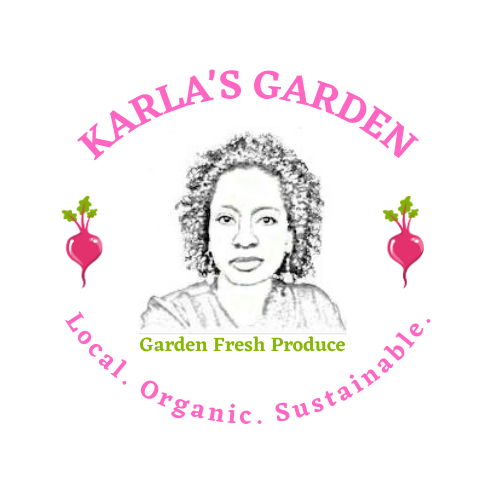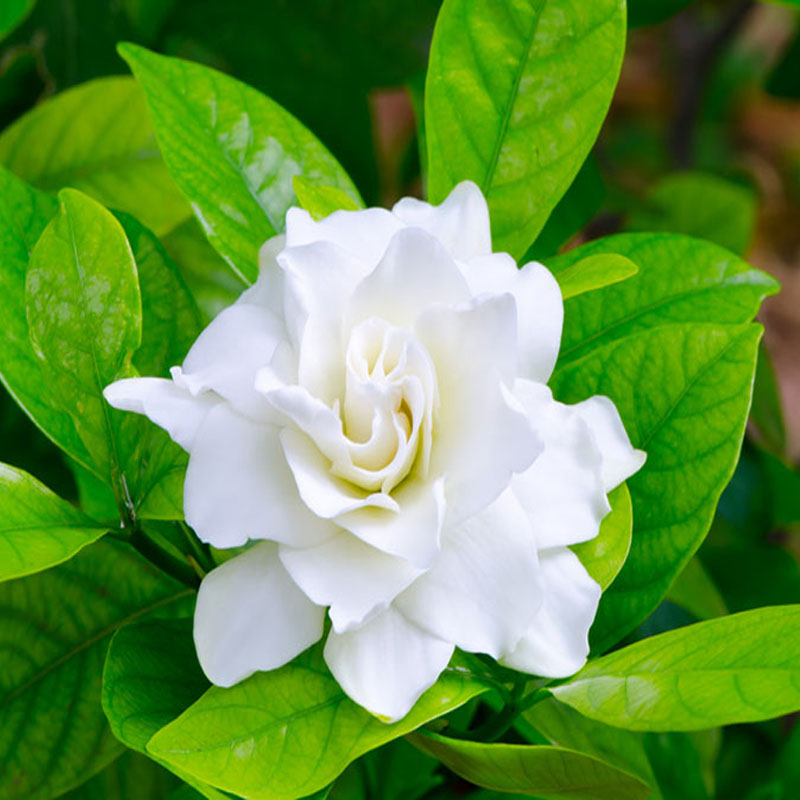Cape Jasmine (Gardenia jasminoides) will make a great addition to any garden given its fragrant, showy flowers, and its dark emerald green foliage. Pollinators love Cape Jasmine.
Native to Asia, this is a plant that is actually a type of gardenia, and it can be seen growing in hardiness zones 8 to 11 in the United States.
Cape Jasmine thrives best in warm temperatures in humid environments. Blooms May, June, and July. The flowers can be single or double, but they are always white.
Watering Requirements
When planted in-ground, rain may provide enough water, but during the drier seasons, you should supply weekly watering. If grown potted inside your home biweekly watering should be enough, overwatering can cause root rot.
Light and Temperature Requirements
Cape Jasmine will need full sun to light shade to grow well. If you live in an area where it is hot, the afternoon sun can scorch the plant. To prevent this, you can put the plant in a location where it will get the morning sun but will be in the afternoon shade.
Cape jasmine can tolerate temperatures between 60 degrees Fahrenheit and 75 degrees Fahrenheit. Here in zone 9 where temperatures can climb to ’90s, my plant has been know to drop its bud before flowering.
Soil and Fertilizer Requirements
This is a plant that will grow best in well-drained soil. And be fertilized at least twice a year during the growing season. It should not be fed between November and February because this is the period when the plant will be dormant, and giving it fertilizer will encourage blooms and grow, which will die immediately in the cold air.
Pruning Requirements
Pruning should be done from November to February when the plant is dormant. This will promote branching and compact growth.
Propagation
The plant can be propagated by seed or cuttings.
Pests
When it comes to pests, weevils, spider mites, mealybugs, aphids, and whiteflies are very common when you are growing Cape Jasmine.
Cape Jasmine should not be planted near a concrete walk or foundation where the alkalinity of the soil may be too high for good growth. But they should be planted where their fragrance can be enjoyed.

